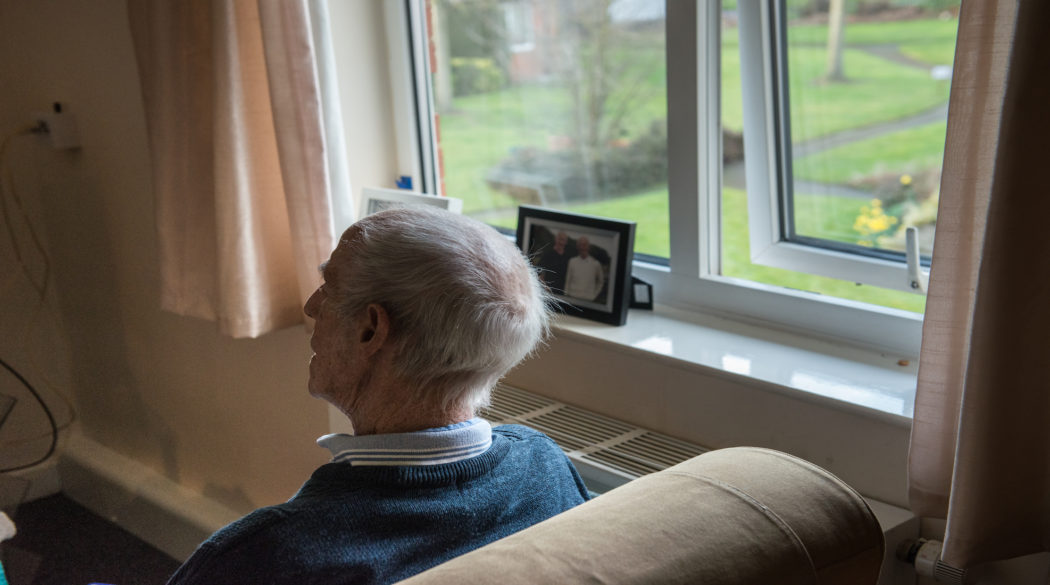Valuable work
Posted on 02 Mar 2021 Categories: Blog, Climate crisis, Coronavirus, Cross-posts, New economic models
by Nadia Whittome

The Covid-19 pandemic has shone a light on the discrepancy between the work we most urgently need as a society, and the work we value and reward. So many of the people who keep our country running are also the people forced to survive on poverty wages, who put up with job insecurity and have little control over their lives. The late and sorely missed David Graeber might have been intentionally provocative when he said that there is an inverse relationship between social usefulness and income – but it is hard to deny that, to an extent, he had a point. It was not buy-to-let landlords, investment bankers or corporate lobbyists on six-figure salaries who we clapped for every Thursday, but our carers, cleaners, delivery drivers and supermarket workers, often paid less than the living wage.
When I was a care worker, I received the national minimum wage of just over £8 an hour, working on a zero-hours contract. So did most of my colleagues and many care workers around the country. In fact, given that many carers are paid per visit rather than per hour, and not paid for time spent travelling, they often take home less than the legal minimum. Paula Barker’s National Minimum Wage Bill seeks to address this injustice and it is vital for MPs to support it – just as it is crucial for everyone to support care workers fighting for fair pay, such as UVW members at Sage Nursing Home who have recently voted for strike action.
Meanwhile, as workers struggle to make ends meet, too many people cannot afford the care they need. Analysis by Age UK shows that 1.4 million older people – one in seven of the UK’s over-65 population – have unmet care needs. Between 2009 to 2010 and 2016 to 2017, local authority spending on adult social care in England fell by 8 per cent in real terms, while the number of elderly people has grown. The pandemic has exacerbated the crisis in the already struggling sector, and we have seen 30,000 excess deaths in care homes in the pandemic already.
It does not have to be like this. A recent report by the Women’s Budget Group made the case for a care-led recovery from the pandemic. The report estimates that, by spending 2.7 per cent of its GDP on care, the UK could create more than two million decently paid jobs. This would increase the sector to the size of its equivalents in some Scandinavian countries, ensure that no one is left unsupported and help close the gender employment gap. Crucially, care jobs are green jobs too: investment in care generates 30 per cent fewer greenhouse gases than investment in construction, while creating twice as many jobs.
In the last general election, Labour stood on a pledge of setting up a National Care Service, to provide free personal care for everyone who needs it. This would allow more people to stay in their homes and take the pressure off unpaid carers. It would take care provision out of the hands of unaccountable private companies, ensuring the sector is run for the public interest and not for profit. Importantly, it would help better integrate healthcare and social care – sectors that are logically inseparable, yet currently fragmented.
This plan would go a long way towards addressing the problems in the system and helping older and disabled people live full, fulfilling lives. However, one key question remains unanswered: the question of management. We could have a nationalised social care system run by managers in suits, with no direct experience of being a carer or needing one. Or we could think more creatively and imagine a system that is co-designed by the real experts: workers and users.
Cooperative models of ownership already exist in the care sector, although they are currently the exception rather than the rule. In Suffolk, for example, a successful employee-owned cooperative Leading Lives provides care for children and adults and reinvests profits into improving services and the wider community. These kinds of initiatives deserve our wholehearted support: they both help improve the care sector in the here and now and could provide models for the future in the shape of a free and truly democratic National Care Service.
Older people and disabled people are not inherently vulnerable and powerless – it is society that marginalises them by treating them as second-class citizens. Equally, there is no reason why care workers, who play such a vital role in society, should continue to be underpaid and undervalued. The role of social care should be maximising autonomy and giving people control over their lives. Let us work towards a care sector that treats both users and carers as agents, gives them the respect and dignity they deserve, and puts power in their hands.
Nadia Whittome is the Labour MP for Nottingham East.
This was originally posted on the Fabian Society blog on 18th February 2021.
Want to keep up-to-date with more articles like this? Sign up to our newsletter.
Posted on 02 Mar 2021 Categories: Blog, Climate crisis, Coronavirus, Cross-posts, New economic models
